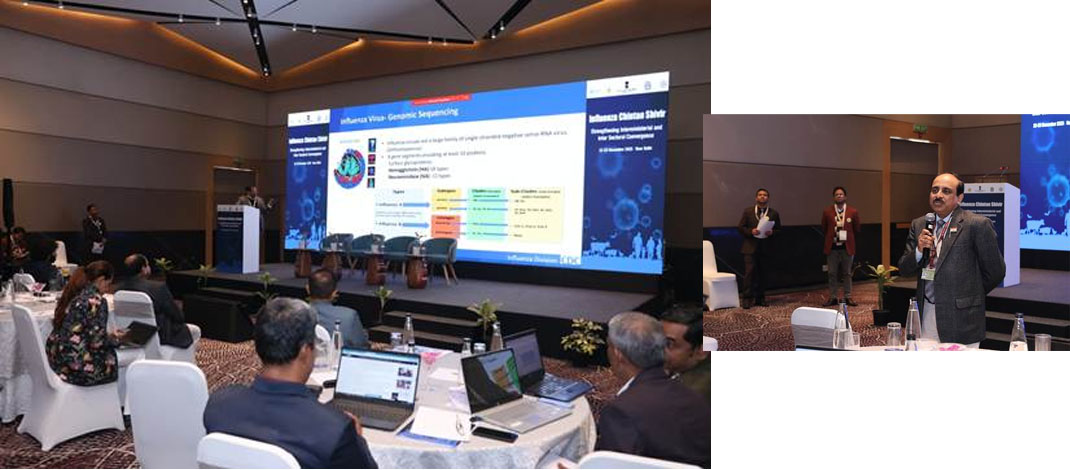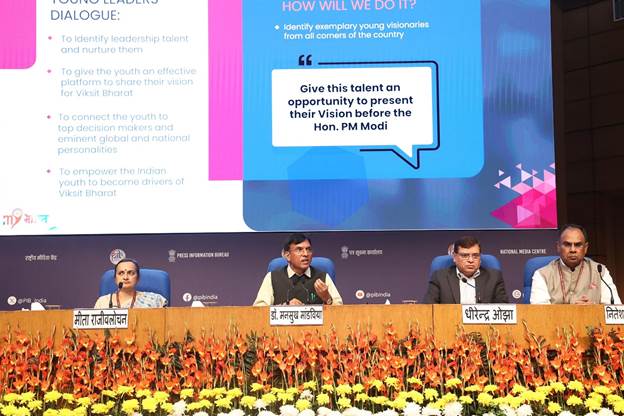Union Home Minister and Minister of Cooperation Shri Amit Shah attended the Golden Jubilee celebration of IFFCO’s Kalol plant in Gandhinagar, Gujarat, and laid the foundation stone of the Beej Anusandhan Kendra, marking a moment of pride for India’s cooperative sector. The event, held in the presence of several dignitaries including Gujarat Chief Minister Shri Bhupendra Patel, was a heartfelt reflection on the five-decade journey of IFFCO and its immense contributions to Indian agriculture and the global cooperative movement.
 Speaking on the occasion, Shri Amit Shah warmly recalled how IFFCO’s 50-year journey stands as a testament to what can be achieved when cooperative values are seamlessly blended with corporate efficiency. He highlighted that India’s journey to self-reliance in food grains has been significantly shaped by IFFCO’s efforts. Over the decades, IFFCO has not only connected farmers to essential fertilizers but has also acted as a bridge between innovation and grassroots farming practices.
Speaking on the occasion, Shri Amit Shah warmly recalled how IFFCO’s 50-year journey stands as a testament to what can be achieved when cooperative values are seamlessly blended with corporate efficiency. He highlighted that India’s journey to self-reliance in food grains has been significantly shaped by IFFCO’s efforts. Over the decades, IFFCO has not only connected farmers to essential fertilizers but has also acted as a bridge between innovation and grassroots farming practices.
The Minister emphasized that IFFCO’s advances in research, especially in Nano Urea and Nano DAP, have given India a pioneering position in the global cooperative and agricultural innovation space. Today, these nano fertilizers are not only transforming Indian farmlands but are also being exported around the world. IFFCO’s continued investment in R&D, from the development of traditional fertilizers to cutting-edge liquid and bio-based solutions, showcases its enduring commitment to sustainable agriculture.
In his remarks, Shri Shah noted the historical importance of the Kalol factory’s foundation and how it symbolized a revolution in its time. He praised IFFCO’s relentless focus on delivering practical results from lab-based research directly to farmers’ fields, improving efficiency, crop health, and reducing environmental degradation. The foundation of the Beej Anusandhan Kendra, he said, is yet another step forward in this mission. The new research center is expected to boost seed quality, enhance nutritional value, preserve ancient indigenous seeds, and reduce dependence on excessive water and fertilizers.
Shri Shah also acknowledged the visionary leadership of Prime Minister Shri Narendra Modi, under whose guidance over 60 new initiatives have been launched to strengthen the cooperative sector. A key highlight among these is the establishment of the Tribhuvan Sahkari University, named in honor of Shri Tribhuvan Das Patel, a stalwart of India’s cooperative movement. The university will focus on modern cooperative education and integrating advanced technologies such as artificial intelligence to guide the sector’s development in the decades ahead.
IFFCO’s impressive growth was also reflected in the numbers shared by Shri Shah—five production units across three states, an annual production capacity of 9 million metric tons, sales of 11 million metric tons, a turnover of ₹40,000 crore, and profits exceeding ₹3,200 crore. These milestones reflect a remarkable transformation from the early days of bulk chemical fertilizers to today’s precision-based nano solutions.
The Minister underscored the importance of continuing this legacy by strengthening the grassroots—primary agricultural credit societies and dairy cooperatives—through digitization and expanded economic activities. He reaffirmed that the government’s aim is to make farming not only more productive but also more sustainable and environment-friendly, aligning with the broader vision of rural prosperity and ecological responsibility.
In closing, Shri Amit Shah shared his conviction that just as IFFCO’s first 50 years revolutionized India’s agricultural landscape, its next 50 years will be dedicated to modernizing agriculture, empowering farmers with innovation, and protecting the environment for future generations. The celebration was not only a recognition of past achievements but also a heartfelt promise of continued dedication to the farmers who form the backbone of the nation.




